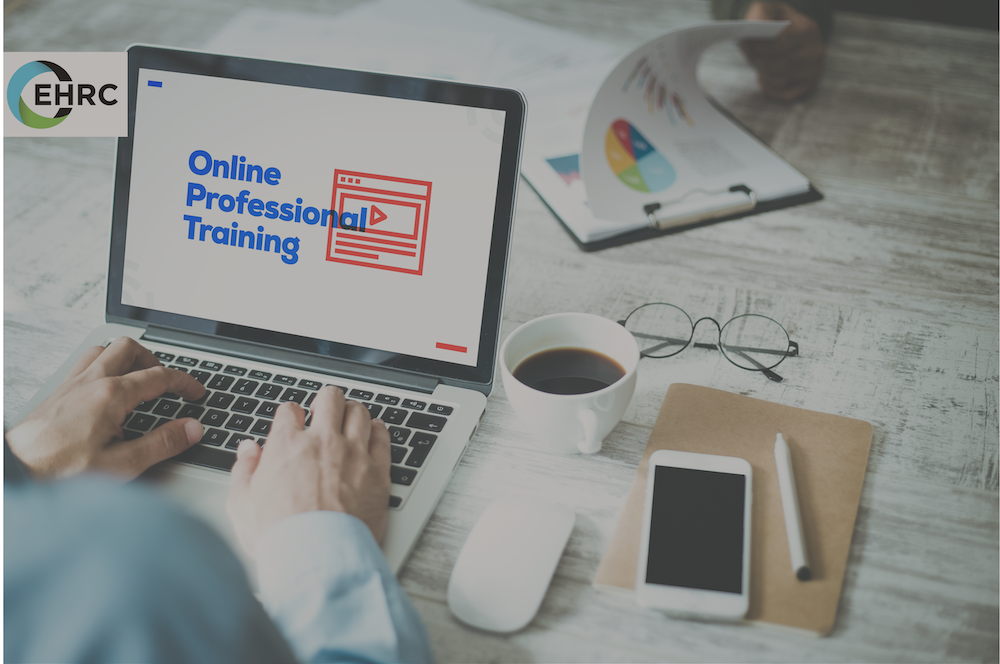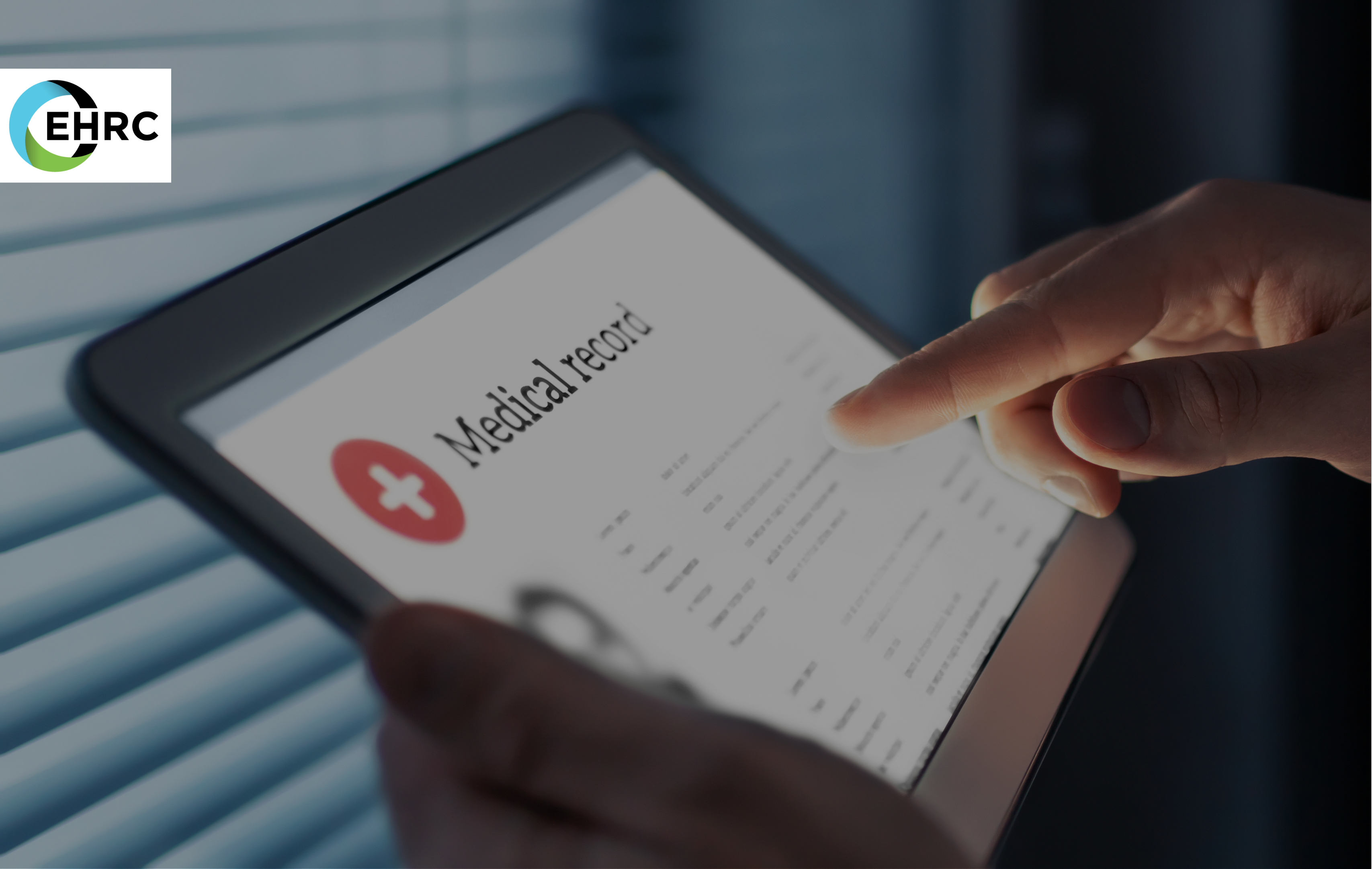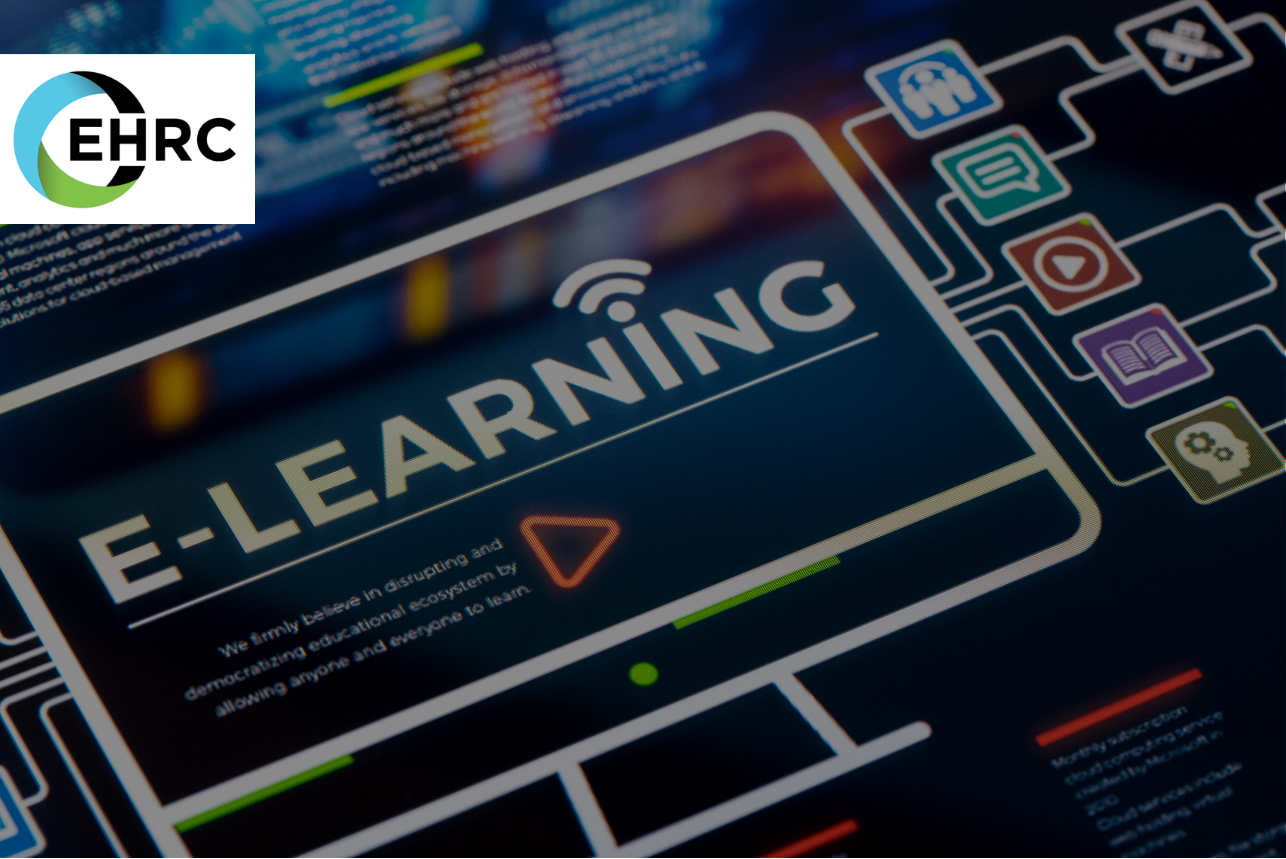
Quick Access to Training and Support: Why Microlearning is Transforming Healthcare IT
Healthcare never slows down. Physicians, nurses, and staff are juggling patient care, administrative requirements, and rapidly changing technologies—all at once. In this environment, traditional training models simply don’t fit. Sitting through hours-long sessions or searching through lengthy manuals is unrealistic when every minute counts.
That’s why more organizations are turning to microlearning to provide quick access to training and support, especially when it comes to EHR and healthcare IT systems.
- Bite-sized training modules that fit into busy schedules
- On-demand support that helps them resolve issues in real time
- Mobile-friendly resources that can access between patient visits
- Targeted lessons that address specific features or workflows in the EHR
Why Microlearning Works in Healthcare IT
Microlearning breaks training into focused, 3–to 8-minute bursts, designed for quick understanding and immediate application. Instead of overwhelming staff with information they may not use right away, microlearning provides the right training at the right time.
Here’s how it benefits healthcare teams:
- Reduces downtime: Clinicians get answers fast, so they spend less time troubleshooting.
- Improves retention: Smaller lessons are easier to recall in high-pressure situations.
- Boosts adoption: Users become more confident navigating the EHR, increasing overall efficiency.
- Supports compliance: Quick refreshers keep staff aligned with new rules and best practices.
Training in the Flow of Patient Care
The greatest strength of microlearning in healthcare is accessibility. Imagine a nurse struggling with a medication order entry—rather than waiting for IT support or a formal training session, they can watch a short tutorial embedded directly in the EHR.
This type of in-the-moment learning empowers staff to solve problems quickly, reduces frustration, and keeps the focus where it belongs: on patient care.
The Future of EHR Training and Support
Healthcare is fast-moving, and so should be the training that supports it. By embracing microlearning, organizations can cultivate a culture of continuous learning, mitigate burnout, and boost productivity.
Quick access to training and support isn’t just a convenience—it’s a necessity in modern healthcare. And for EHR adoption and optimization, it’s one of the most powerful strategies available.
Are you looking for ideas on how you can streamline training at your organization?
Contact us today for free techniques you can add to your practice.
info@ehrconcepts.com or 1.888.674.0999









